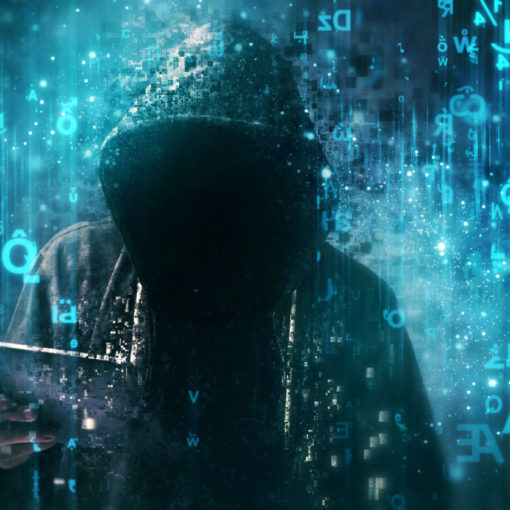The employees at Cross IT are dedicated to providing the highest quality of service to our customers. As we continue to monitor the ongoing developments related to the Coronavirus (COVID-19), our first priority is the safety and security of our customers, colleagues, and communities we serve.
Please find below some suggestions for businesses and employees to follow when working remotely…
- PROVIDE EMPLOYEES WITH VPN ACCESS: One way to secure data as it moves between your core business systems and externally based employees is to deploy a Virtual Private Network (VPN).
- INSTALL SECURITY PROTECTION: Make sure up-to-date security software is installed and active on all devices. Examples are anti-virus software, firewalls, encryption, and email/spam filtration.
- AUDIT AND UPDATE PASSWORDS: Password length should be at least 8 characters and contain a combination of uppercase letters, lowercase letters, numeric digits (0-9), and non-alphanumeric/special characters (~!@$%^&*-+=?). The use of two-factor or multi-factor authentication can also be applied to provide even more protection. If you have a wireless router at home, make sure you have a secure password configured for your Wi-Fi network.
- IMPLEMENT A BACKUP STRATEGY: All important files should be backed up regularly. Cloud-based backup software and systems managed via an enterprise-level console are preferred.
- UTILIZE SECURE CLOUD STORAGE SERVICES: Cloud-based applications like Dropbox and OneDrive can be used to securely share data.
Also, during times of turbulence, scammers will often attempt to take advantage of the situation. Please be vigilant and responsible when viewing email messages. Please remember the following safety guidelines:
- DO NOT OPEN UNEXPECTED ATTACHMENTS: Never open an attachment without first knowing what it is. Many viruses, key-loggers, and other security risks are sent through attachments. Verify with the sender that they have sent you an attachment, and never open an attachment you have received unexpectedly.
- DO NOT CLICK SUSPICIOUS LINKS IN AN EMAIL MESSAGE: Phishing emails attempt to disguise illegitimate links as seemingly safe-looking links in order to extract personal information. In addition, many key-loggers disguise themselves as links to items that don’t seem harmful, such as picture files. Hovering your mouse over a link will often allow you to see the true destination of the link.
- BE WARY OF “FROM” AND “REPLY TO” ADDRESSES: These can be easily forged. Please ask for additional confirmation when you are unsure.
- NEVER GIVE OUT PERSONAL INFORMATION BEFORE VERIFYING WHO IS ASKING: Never give out personal information through email, as many phishing emails attempt to gather personal information by posing as a legitimate company. Some emails contain links that take you to a fake login page. Never enter your username or password, or send your credentials via email unless you are 100% certain the communication is legitimate. Following up with a phone call only takes a few minutes.
Cross IT consultants are available to assist with any or all of these recommendations. Please call 724-646-1760 or email info@crossit.com to schedule an appointment.





